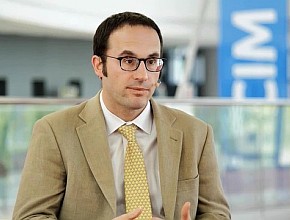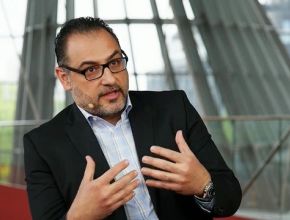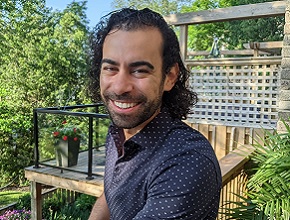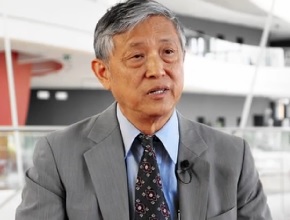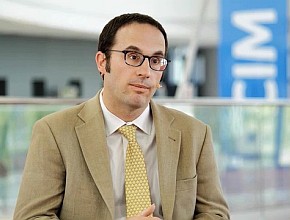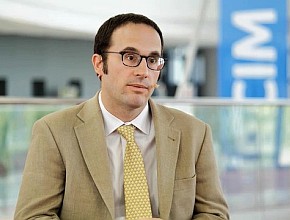Most educational programs in physical examination focus on students or physicians in training. Some data demonstrate that even specialists who completed training only 10 years ago may have inadequate examination skills. Do you think there is a need for formal assessment or educational programs aimed at this group?
Brian Garibaldi, MD: I think faculty development is critical if your goal is to improve physical examination skills for trainees as well as for faculty. We have realized this in our program.
A lot of times faculty are more comfortable rounding in a hallway, drawing a diagram, or talking about a pathway, because when you get into the room and you start talking about bedside skills, there is the unknown, there is uncertainty about what you are going to find and whether or not it is going to be relevant to the case. I’ll be honest, I often see things on bedside rounds that I have never seen before. I think it is important to recognize that uncertainty and be willing to say to trainees, “I do not know what that is, but we are going to figure it out together.”
One of the ways we can do that is through assessment of physical examination skills. We do assessments of our residents, where we bring in real patients with real diseases and we have them rotate through stations, where the residents are asked to perform a specific exam maneuver, for example, the pulmonary examination or gastrointestinal (GI) examination. They do that in front of faculty who themselves that day have examined the patient and determined, “These are the findings that are present and this is what we would expect a resident to be able to do.”
By calibrating with other faculty members, that actually leads to faculty development. We intentionally pair more confident faculty with more junior faculty, or with faculty who are less confident in their examination skills. Over the course of the day, by observing other people doing the exam and providing feedback to the trainees, everybody gets better. So the goals of these assessments, even though they are focused on the trainees, [are that] there is a benefit to faculty development and improving faculty confidence and skill simply by being a part of that assessment.
 English
English
 Español
Español
 українська
українська

